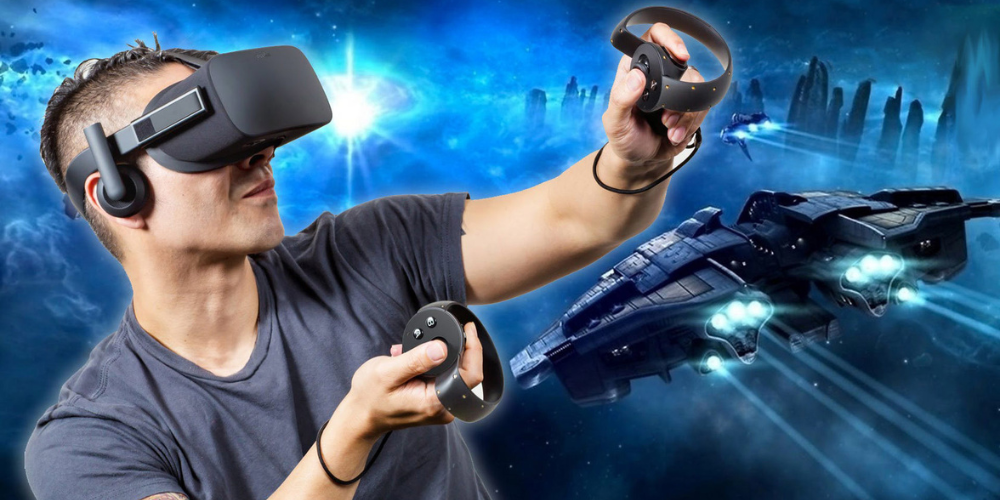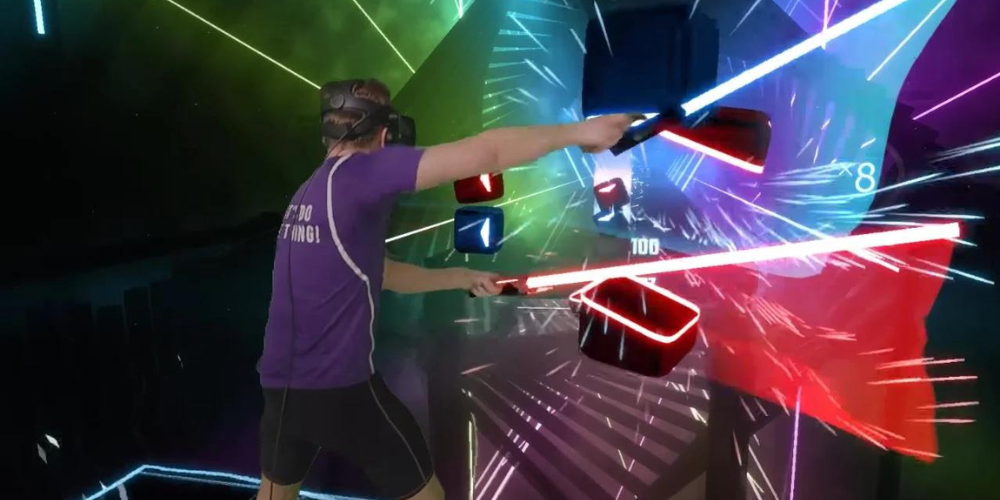Virtual Reality: Stages of Development and Prospects of the VR Games Industry
Sep-22-2023

Virtual reality (VR) has become an integral part of the modern gaming industry, providing players with a new, exciting and interactive experience. In this article, we will look at the main stages of the development of VR games, analyze their impact on the industry and determine the prospects for the future.
Stages of VR games development:

The Beginning
The first attempts to create VR games date back to the 1980s, when the first virtual reality helmets were developed. However, due to technical limitations and lack of interest from players, this industry remained little known until the early 2000s.
Popularity
In the 2010s, the VR industry received a significant boost thanks to the advent of inexpensive and affordable virtual reality helmets, such as the Oculus Rift and HTC Vive. This has led to an increase in the number of VR games and the development of new technologies that have made it possible to create more realistic and exciting virtual worlds.
Today

VR games have become an integral part of the gaming industry, offering players a wide range of entertainment, from simulators to action games.
Major gaming companies such as Sony, Microsoft, Valve and Ubisoft are actively developing and supporting VR projects, expanding the possibilities of virtual reality and attracting more and more users.
Future Prospects

It is expected that VR games will continue to evolve and improve in the future, providing an even more realistic experience for players. Some of the possible trends include:
- -Increased resolution and frame rate, which will allow you to create more detailed and smooth virtual worlds;
- -Integration of artificial intelligence and machine learning technologies to create more interactive and adaptive VR worlds;
- -Using 5G networks and high-speed Internet to improve the quality of VR content and reduce delays;
- -Creation of multi-user VR projects that will allow players to interact with each other in virtual worlds;
- -Development of VR technologies for use in education, medicine, industry and other fields.
In conclusion, the VR-games industry is under active development, and its prospects for the future look very optimistic. Virtual reality has already become a part of modern culture, and every year it will become more accessible and popular, opening up new horizons for the gaming industry and human experience.







